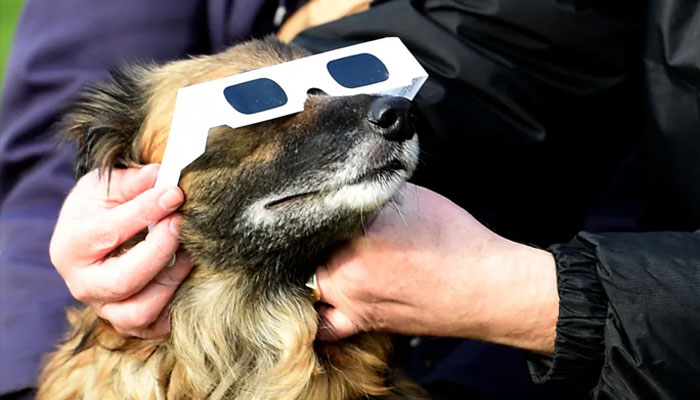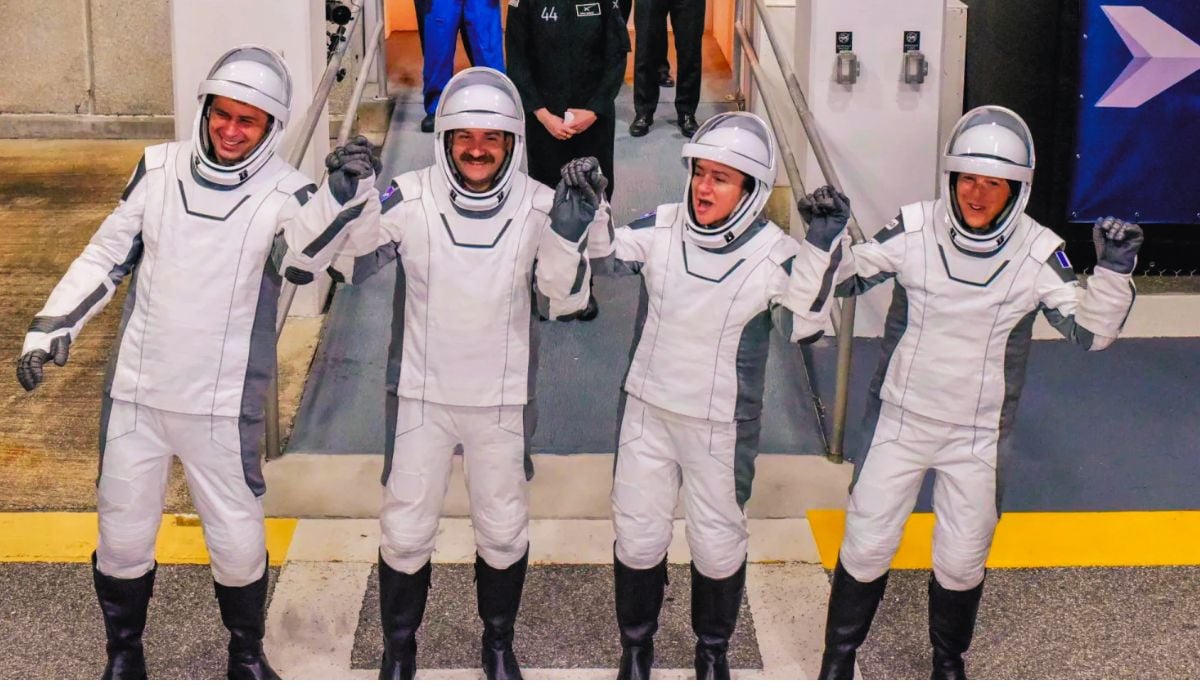NASA warns of altered animal behaviour during total solar eclipse 2024
Animal behaviour to change amid April 8 total solar eclipse 2024
A researcher working for NASA has said that “animals behave like this [differently] during events like this [eclipse]," ahead of the total solar eclipse, expected on April 8, 2024, The US Sun reported.
To be held on the day of 8 April, the solar eclipse will witness not only the moon but also the animals showing a great many different dancing tasks.
For instance, NASA heliophysicist David Cheney, who is widely known for hosting the talk on the Diamond Ring at the Great National Park of Great Basin in Nevada last year, said that the animals develop weird behaviour during total and annular eclipses.
"Animals do quarrel," Cheney quoted, as they were bewildered and seemed to consider the sun dimming the nightmistake. He demonstrated how various animals, such as these accidentally pursue their previously developed instincts during the darkness, lowering the chance of encountering such an expectation.
Cheney brought out how insects like crickets start singing in the twilight since they mistake the dimming sky for normal evening time. It also includes larger animals that might display restful or nesting behaviour in the process, thinking that night has come.
On the safeguarding principle, Cheney suggested the use of eclipse glasses and recommended engaging in other activities and distracting those children and those with the problem to concentrate especially during the eclipse approximation.
While those eclipsing the CNY may not get to see the eclipse directly, online streams can be watched, such as NASA's 2024 solar eclipse program on April 8.
-
Annular solar eclipse 2026: Where and how to watch ‘ring of fire’
-
Scientists discover rare form of 'magnets' that might surprise you
-
Humans may have 33 senses, not 5: New study challenges long-held science
-
Northern Lights: Calm conditions persist amid low space weather activity
-
SpaceX pivots from Mars plans to prioritize 2027 Moon landing
-
Dutch seismologist hints at 'surprise’ quake in coming days
-
SpaceX cleared for NASA Crew-12 launch after Falcon 9 review
-
Is dark matter real? New theory proposes it could be gravity behaving strangely












